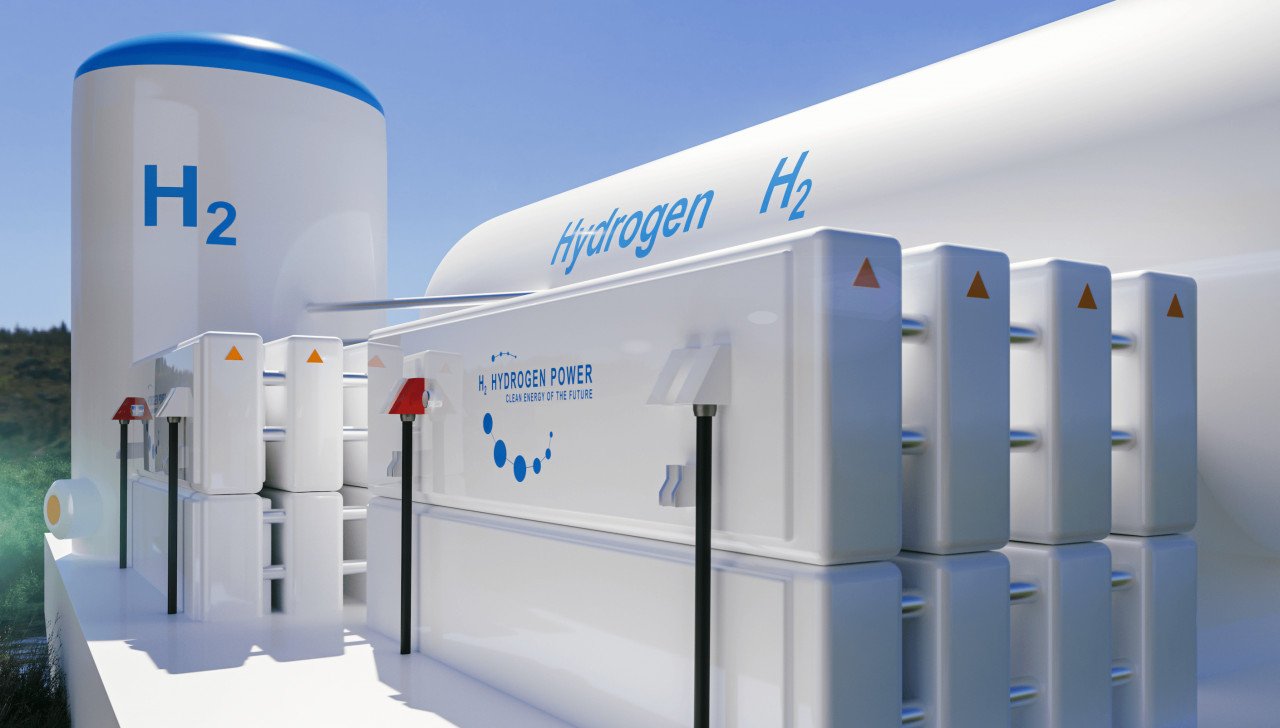Aurora Energy Research's latest global hydrogen electrolyser database, published with the bi-annual Hydrogen Market Attractiveness Report, show that projects worth 957 GW are currently in development across the world, although only 11 percent of these projects have advanced beyond the early planning stage.
The current pipeline of H2 projects has grown by 592 GW since April 2022, and dwarfs the 270 MW of electrolyser capacity operational today. Further, electrolysers scheduled to come online by 2030 amount to 202 GW capacity in total, but again, about 62 percent of these projects planned to be commissioned by 2030 have not yet advanced beyond the early planning stage, according to the report.
Aurora considers projects lacking key details such as specific locations, technology providers or target milestone timelines to be in the early planning stage of development.
The report finds that most projects in development lack solid foundations. For instance, the 'Spirit of Scotia' project in Canada has added 500 GW to the global electrolyser pipeline since April 2022, but does not yet have a targeted commissioning date. The projects in more advanced planning stages total 76 GW globally and Europe is the most popular location, with a 53 percent share.
Global electrolyser manufacturing capacity is predicted rise to over 30 GW per year by 2025, up from 8 GW/year operational capacity today, Aurora finds. Europe is again the dominant region, with 70 percent of planned manufacturing capacity.
Belgian engineering firm John Cockerill is positioning itself to be the largest global electrolyser manufacturer by 2030, followed by German industrial group ThyssenKrupp. If all manufacturers were to operate at their maximum capacity, 231 GW of electrolysers could be manufactured between today and 2030, the report adds.
Anise Ganbold, Head of Research, Hydrogen, at Aurora Energy Research commented, "Hydrogen project announcements have not slowed despite today's energy crisis. Instead, 115 electrolyser projects have been announced in the past six months. After excluding the 500 GW Spirit of Scotia mega project in Canada from the count, planned capacity globally is up by one quarter (+92 GW) since April."
European hydrogen demand would total 1,885 TWh by 2050, under a scenario in which Europe achieves Net Zero by 2050, Aurora's modelling shows. Regional consumption currently totals 300 TWh, and is forecasted to grow to 480 TWh by 2030.
Aurora expects the industrial sector to account for over 80 percent of hydrogen consumption until the mid-2030s, with demand from the transport sector set to be roughly equal to industrial consumption by 2050. Hydrogen derivatives would account for 32 percent of total hydrogen consumption by 2030, and 33 percent by 2050.
Dilara Caglayan, Senior Associate, Hydrogen, at Aurora Energy Research observed, "Hydrogen can play an essential role in achieving Net Zero by 2050 in Europe and in the UK. But, with new project announcements coming thick and fast, we now need to focus on risk mitigation and commercial support to unleash hydrogen's potential, and realise the 350-500 percent rise in demand that Aurora forecasts."

World Energy Outlook 2022: Historic turning point towards cleaner future
Read More

